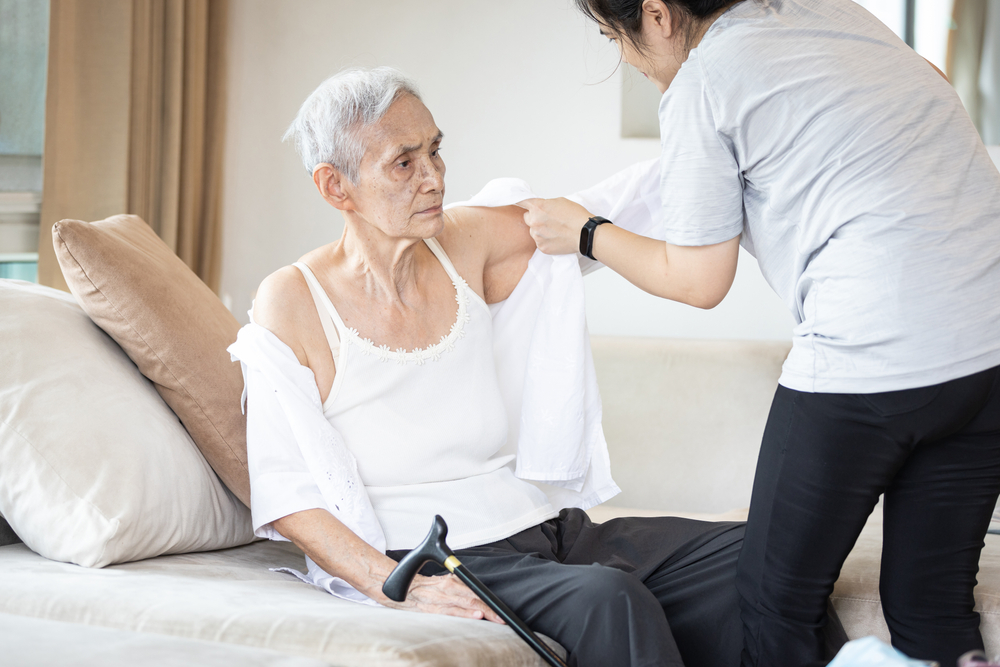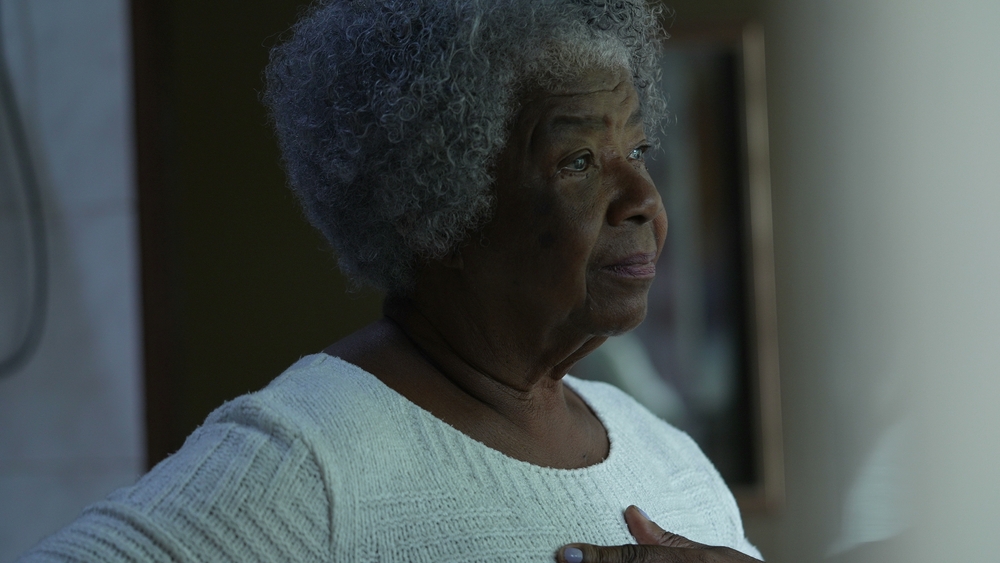Why Do Dementia Patients Take Their Clothes Off?
Category:

Patients with dementia may start to display an increased sex drive, which can confuse their Caregivers and loved ones. At times, they may display more of an interest in touching themselves inappropriately in public or even touching strangers and family members in public. There are a number of reasons for this sexual behavior and luckily, there are ways to limit it. In this post, we will review answers to the following questions relating to this increased libido:
- Why do dementia patients take their clothes off?
- How do you stop dementia patients from undressing?
Why Do Dementia Patients Take Their Clothes Off?
When dementia patients take their clothes off or perform other sexual behaviors, it is usually a sign. Older adults may take their clothes off simply because they need something and they’re struggling to tell you about it in a way that’s OK. Increased sexual behavior can be a sign of discomfort, confusion, or pain. Additionally, it can represent loneliness or a general need for affection, love, and physical touch. Finally, certain medications such as donepezil, a common Alzheimer’s med, can cause a boost in one’s sex drive or performance. Others can also cause aggressive behavior.
Next, we will review possible preventive measures you can take to keep patients and loved ones clothed.
Download Our FREE Path to Care Guide
How Do You Stop Dementia Patients from Undressing?
When dementia patients start to display an increased desire for sex or start to touch themselves inappropriately, it can be quite confusing and annoying to manage. However, there are several ways to limit this sexual behavior by frequently checking in on them and taking other steps as needed. Some things you can do include:
- Analyze. Take note of when this behavior occurs. Is this happening during a certain time or in a certain place? Once you notice a pattern, you may be able to meet their needs to prevent this behavior from happening in the future.
- Don’t demean them. It can be embarrassing when your loved one tries to undress in public but letting those feelings show could escalate the situation and make them feel like they’re in the wrong. Instead, it’s best to validate their feelings. If they start to remove their clothes, try to say, “I understand that it’s hot right now but it’s inappropriate to remove clothes here in front of people. Let me take you somewhere private so you can change into lighter clothing.” You can also say something like “I notice that you are uncomfortable being dressed, but I am going to place a blanket over your body since we are in public now.”
- Maintain composure. Remember that you are doing your best and this behavior is not a reflection of your caregiving skills. During these troubling times, try to seek a network of Caregivers, support groups, or other professionals to help guide you through this process.
- Try specially designed clothing. When all else fails, there are some clothing items older adults can wear that will prevent them from undressing. This can include anti-strip jumpsuits, which give the appearance of two-piece outfits but can be worn as a one-piece garment.
Supporting loved ones with dementia can be incredibly difficult. If you are struggling or simply need a break, please call us at 1-800-GRISWOLD or find a Caregiver near you.
Subscribe
Date: May 14, 2024
Category:


